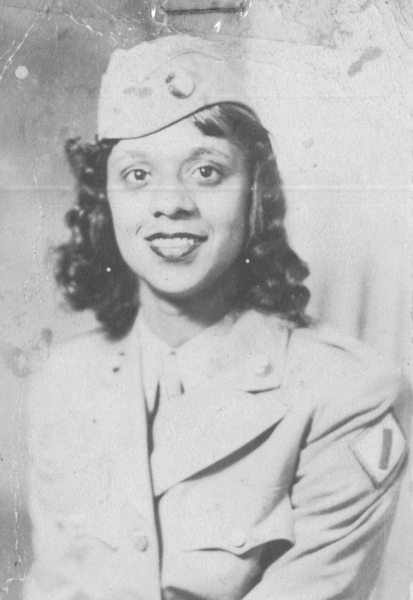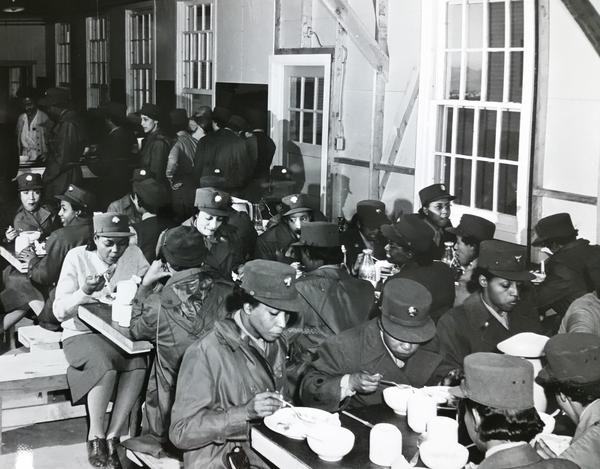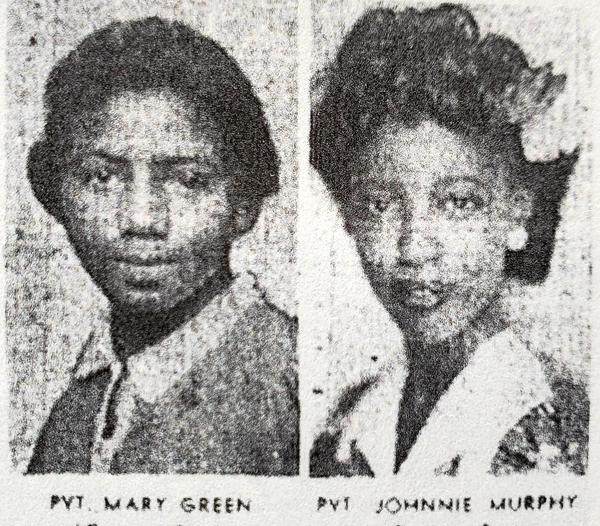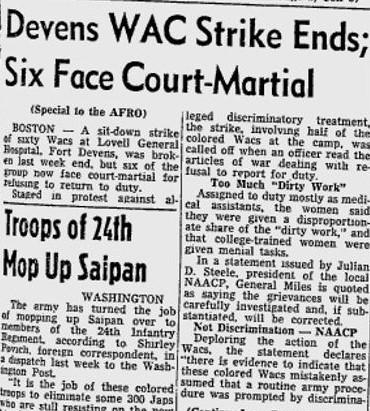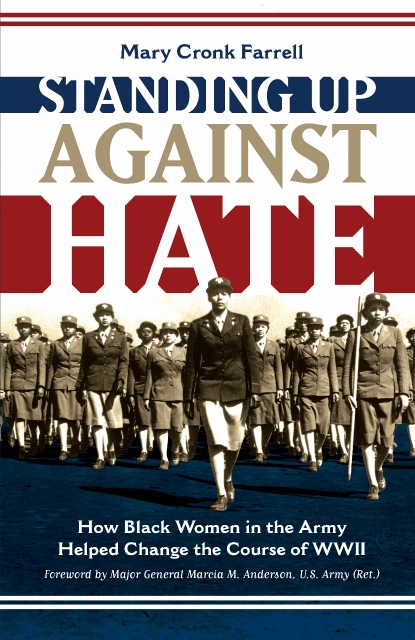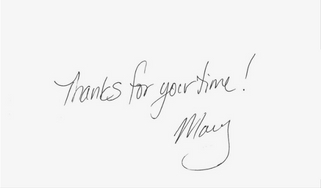2023 Hello , Black women who served in the US army during WWII ranked among the bravest and most adventurous women in 1940s America. They succeeded in jobs women had never worked before, survived racial prejudice and discrimination with dignity and helped win the war. To mark Black History Month, here's a story taking you right to the heart of the courage these women displayed in the face of the military power structure that discriminated against them. These young women stood up for their right to be treated equal in the Women's Army Corps (WAC) by putting it all on the line. Refusing to obey direct orders from their superior officers, they risked their careers in the army, military prison time and dishonorable
discharges.
Dreams Delayed, Promises Denied They
were fed up!
In civilian life, 23-year-old Alice E. Young had a well-paying job at the U.S. Treasury Department, but she wanted to become a nurse. A WAC recruiter
persuaded Alice to enlist, promising her training as a medical technician. After basic training, while Alice waited for an opening in the training program, she
was assigned to Lovell Hospital, Fort Devens, Massachusetts. Her work included monitoring post-operative patients, taking temperatures and checking patients’ blood pressure. Alice E. Young, WWII member of the Women's Army
Corps.
One day the commander of the hospital toured her ward. Colonel Walter Crandall saw Alice taking a white soldier’s temperature and announced loudly that “no colored WACs” would take temperatures in his hospital. He said. “Black WACs are here to scrub and wash floors, wash dishes and do all the dirty work.” Alice was demoted to orderly and not allowed to train as a medical technician. She cleaned the hallways and kitchen, washing dishes, cooking, serving food and taking out the garbage. As it turned out, sixty percent of the black WACs at Lovell had similar duties. Only seven percent of white WACs worked as orderlies. Most of the white women worked as technicians in the laboratory and pharmacy and served patients on the wards. Continent of black members of the Women's Army Corp dine while traveling to a new post.
Alice
said, “The uniforms were even different. We had on blue, and they had complete white uniforms.” Black WAC
Miriam Doss said it was blatant discrimination. “[I] never saw any white WACs cleaning floors. I didn’t…join the army to wash windows. I could have stayed at home and been a maid.” The Black women at Lovell Hospital became so fed-up one day, a large group possibly as many as one hundred refused to report for duty. One by one, higher ranking white officers came and told the group the army would not tolerate insubordination. It was mutiny. Eventually, some women returned to work. Alice and 53 others remained on strike. It was a very serious crime for these young women, 20, 21, 22 years old, but they courageously stood together and stood up to the U.S. Army.
Finally, the highest ranking general, the Commander of all army personnel in the six northeastern states from Maine to Massachusetts, traveled from Boston to order the women back to work. He gathered them in a room and impressed upon them the seriousness of refusing to follow orders. Mutiny in wartime, he said, was a capital offense, punishable by death. He asked each
woman to acknowledge that she had heard and understood him. Then he ordered the women to form-up in front of the barracks, where he
said, I’m giving you a direct order to report for duty. Facing such grave consequences all the women immediately marched to their posts at the hospital. But Alice Young was too upset to work. After an hour, she told her supervisor, “I will take the court martial” and returned to her barracks. On a different hospital ward, Anna C. Morrison also left work: she said. “If it will help my people by me taking a court-martial…put my name down.”
Two other women also disobeyed orders.
Mary Green and Johnnie Murphy. Johnnie said, “I would take death before I would go back to work.”
Story reported by the The Baltimore
AFRO.
The four black soldiers were immediately taken into custody by military police and charged with insubordination. Military justice is swift. Two days later the
women were court martialed. It was nothing like a civilian jury trial, they would be judged by a panel of superior officers. The Boston chapter of the NAACP sent a lawyer to defend them and each of the women testified.
Alice told the panel white WACs had easier duties. “They do practically nothing, sir. They sit with patients, they read stories to them, and help them write
letters home…the work they do is altogether different.” The defense attorney argued the issue went deeper than disobeying orders. He said,
“These women made this gesture of protest in the hope that someday their descendants might enjoy fully the rights and liberties promised to Americans.” The white army prosecutor stood for his final argument. He assured everyone he was not seeking the death penalty, but said the women were guilty and should be punished. Then and there they were convicted…and sentenced to military prison where they would serve 1-year of hard labor before being dishonorably discharged. Honestly, I cannot imagine what it was like for these young women when they heard that sentence. Simply hearing this story provokes a lot of emotion. And that’s exactly what happened in 1945. Newspapers across the country had been covering the court martial, and as news of the women’s convictions spread there was an uproar. Today it would be a massive twitter storm. Back then, folks took up pens and paper and wrote letters. Both blacks and whites wrote to editors of newspapers protesting the harsh penalty. People wrote to the Secretary of War, to their members of Congress and to President Franklin
D. Roosevelt. Colonel who made prejudicial remarks to black WACs relieved of his command at Ft. Devens Hospital.
It was an embarrassment for the Army. It didn’t take long for the War Department to find a technicality and reverse the verdict. Alice, Anna, Mary and Johnny were reinstated to active duty with clean records. In addition, the Lovell Hospital instituted rules requiring all WACs, regardless of skin color to be assigned the same range of duties. Funny…no WACs were scrubbing floors after that.
Like my article today? Please share:
You can support me and celebrate Black History month by ordering my book for your local school or requesting your library purchase
it.
Follow me on social media
Read a great book? Have a burning question? Let me know. If you know someone who might enjoy my newsletter or books, please forward this
e-mail. I will never spam you or sell your email address, you can unsubscribe anytime at the link below. To find out more about my books, how I help
students, teachers, librarians and writers visit my website at www.MaryCronkFarrell.com. Contact me at MaryCronkFarrell@gmail.com. Click here to subscribe to this
newsletter. |
|
|
